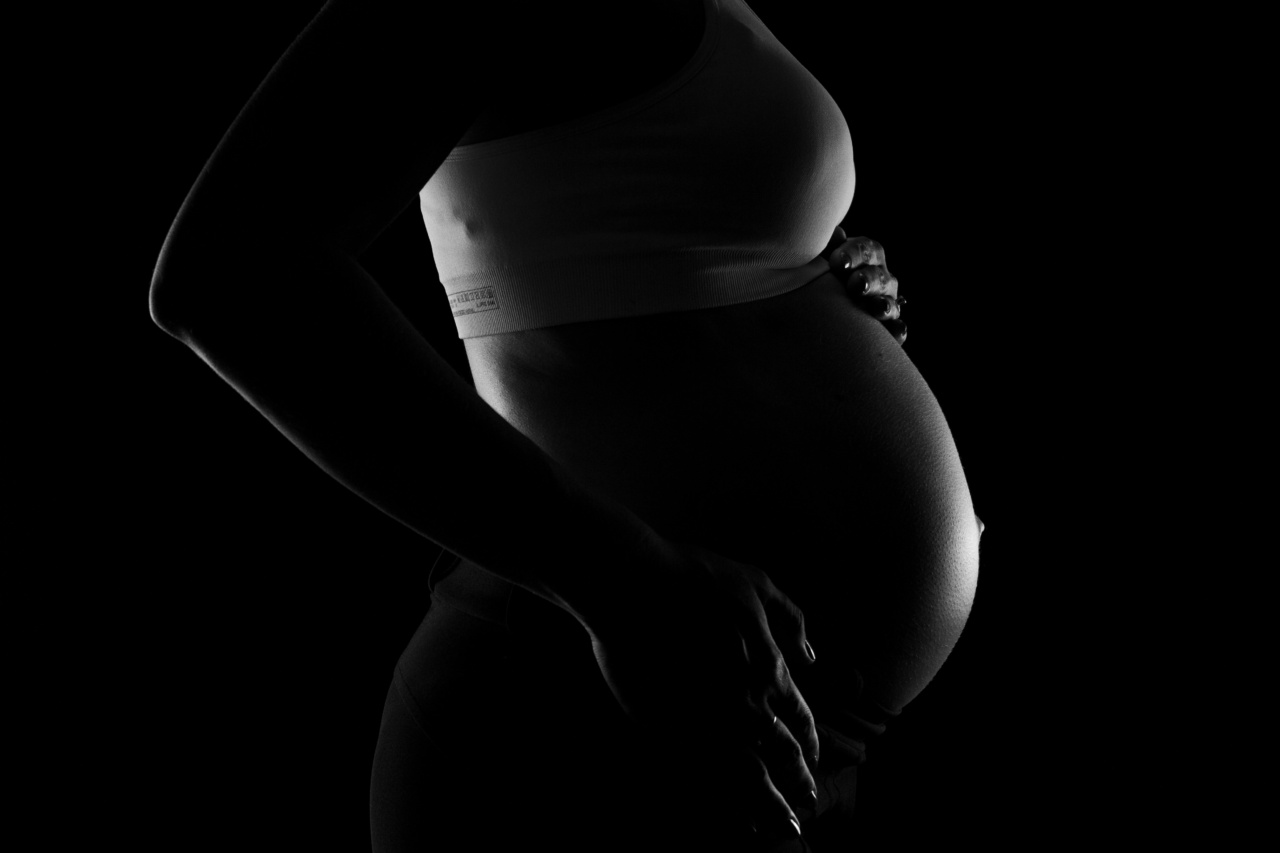Breast cancer is a prevailing concern among women worldwide, with statistics revealing its increasing incidence in recent years.
Researchers have been tirelessly working to identify the various risk factors associated with the development of breast cancer. Among the many factors under examination, maternity age has taken center stage as a potential influencer on breast cancer risk.
In this article, we delve deeper into understanding how the age at which a woman becomes a mother may impact her chances of developing breast cancer.
Factors Affecting Breast Cancer Risk
Before exploring the relationship between maternity age and breast cancer, it is crucial to understand the various factors that contribute to breast cancer risk.
Some well-established factors include age, genetic mutations, family history, hormonal imbalances, and lifestyle choices like smoking and alcohol consumption. However, recent research suggests that the timing of pregnancies in a woman’s life may also play a role in breast cancer occurrence.
The Significance of Early Pregnancies
Women who experience early pregnancies, defined as giving birth before the age of 20, may be at a reduced risk of developing breast cancer later in life.
Several studies have shown a significant inverse relationship between early pregnancies and breast cancer risk. This phenomenon is primarily attributed to the protective effect of pregnancy-induced hormonal changes that occur during early pregnancies.
These hormonal changes, such as increased levels of progesterone and prolactin, have been shown to have anti-carcinogenic properties, reducing the risk of developing breast cancer.
Furthermore, early pregnancies also reduce the lifetime exposure to estrogen, a hormone associated with an increased risk of breast cancer.
Women who have their first child at a younger age tend to have longer periods of breastfeeding, which further suppresses estrogen levels and reduces the risk of breast cancer.
The Role of Late Pregnancies
Conversely, late pregnancies, typically after the age of 35, have been associated with a slightly higher risk of developing breast cancer. Late pregnancies are often accompanied by a longer duration of estrogen exposure due to delayed childbearing.
Estrogen is believed to contribute to the development and progression of breast cancer, as it promotes the growth of breast tissue. Therefore, an extended period of estrogen exposure, as seen in late pregnancies, may increase the chances of breast cancer occurrence.
However, it is important to note that the increased risk with late pregnancies is relatively modest and should not deter women from pursuing motherhood at any age.
Other risk factors, such as family history and lifestyle choices, play a more significant role in determining breast cancer risk.
First-Time Pregnancies and Breast Cancer Risk
The impact of maternity age on breast cancer risk does not neglect the significance of first-time pregnancies.
Regardless of the age at which a woman becomes a mother, the occurrence of a first-time pregnancy seems to confer a protective effect against breast cancer. The initiation of pregnancy triggers physiological changes, including breast tissue differentiation and maturation, which may render the cells less susceptible to malignant transformation.
This protective effect applies to both early and late pregnancies, highlighting the importance of experiencing pregnancy, whenever it occurs, for reducing breast cancer risk.
Other Considerations and Recommendations
While examining the relationship between maternity age and breast cancer risk, it is worth noting that individual variations may exist. Each woman’s body and genetic makeup respond differently to hormonal changes during pregnancy.
Consequently, some women may exhibit different outcomes regarding breast cancer risk based on their unique factors. Additionally, it is crucial to acknowledge that breast cancer is a multifactorial disease, and maternity age is only one of the many aspects contributing to its development.
However, it is essential for women to be proactive in breast cancer prevention strategies.
Regardless of maternity age, all women should adopt a healthy lifestyle, engage in regular exercise, maintain a balanced diet, and prioritize routine screenings and breast self-examinations. Early detection remains vital for increased chances of successful treatment.
Conclusion
Maternity age appears to have an impact on breast cancer risk. Early pregnancies seem to provide a protective effect, reducing breast cancer occurrence later in life.
In contrast, late pregnancies entail a modestly increased risk due to prolonged estrogen exposure. However, women should not solely base their decision on the risk of breast cancer but consider their personal circumstances, family planning, and other risk factors.
Regardless of maternity age, all women should prioritize breast health and take necessary preventive measures to ensure early detection and effective treatment of breast cancer.

























